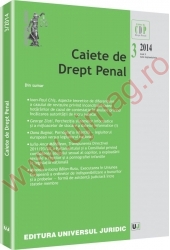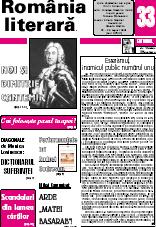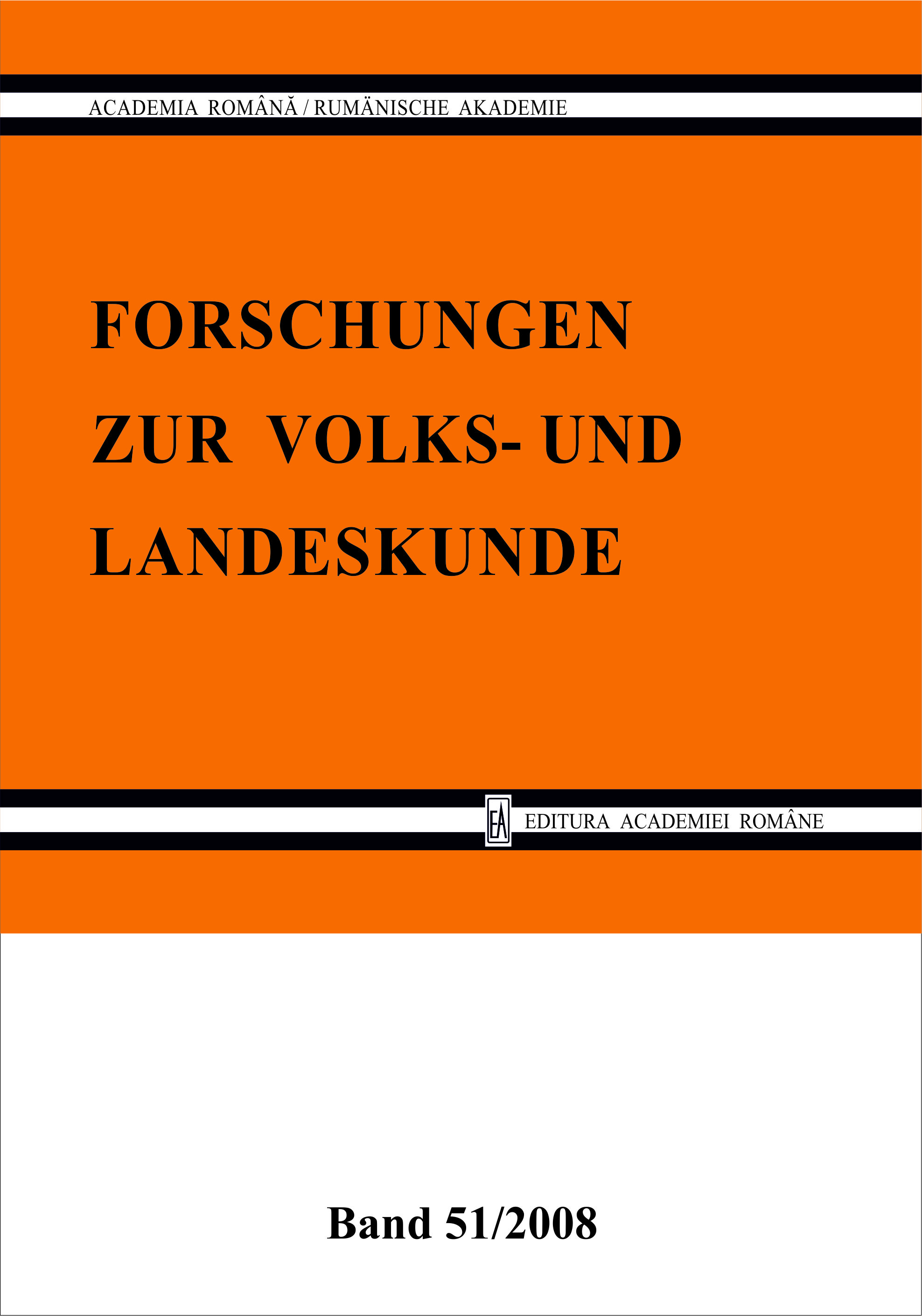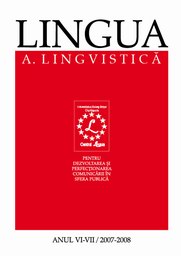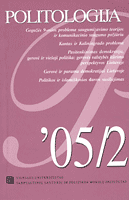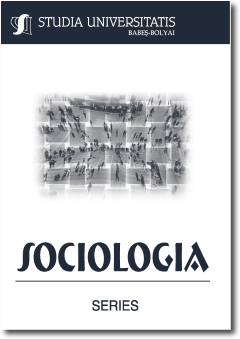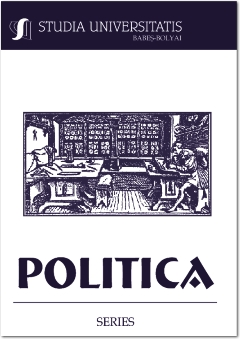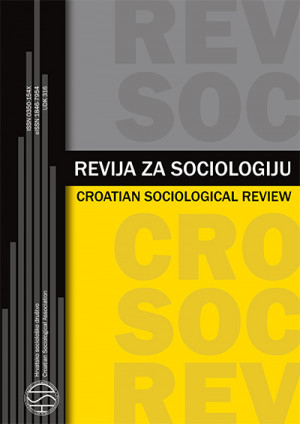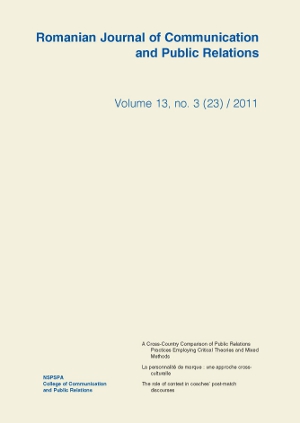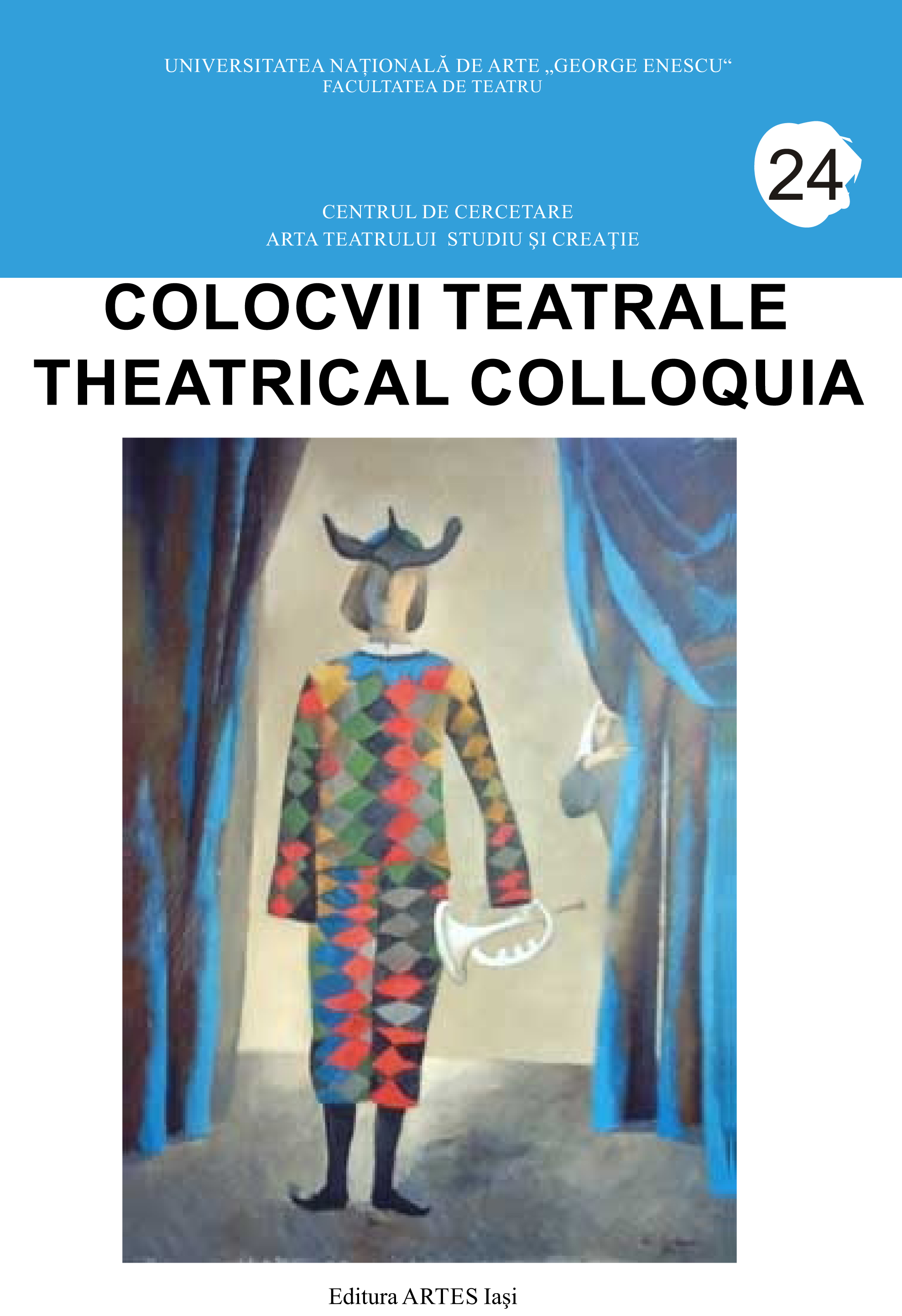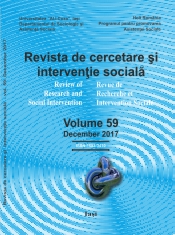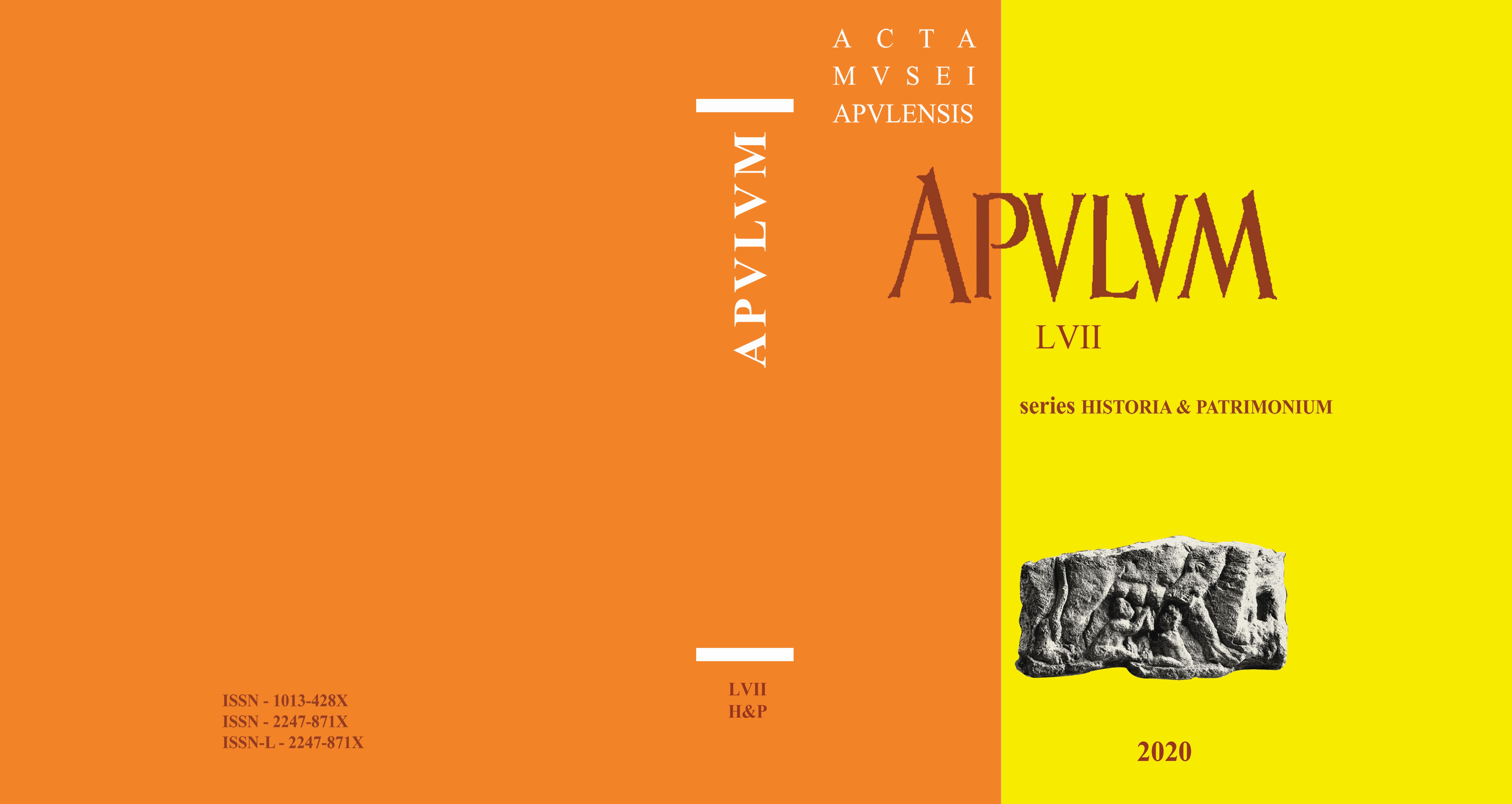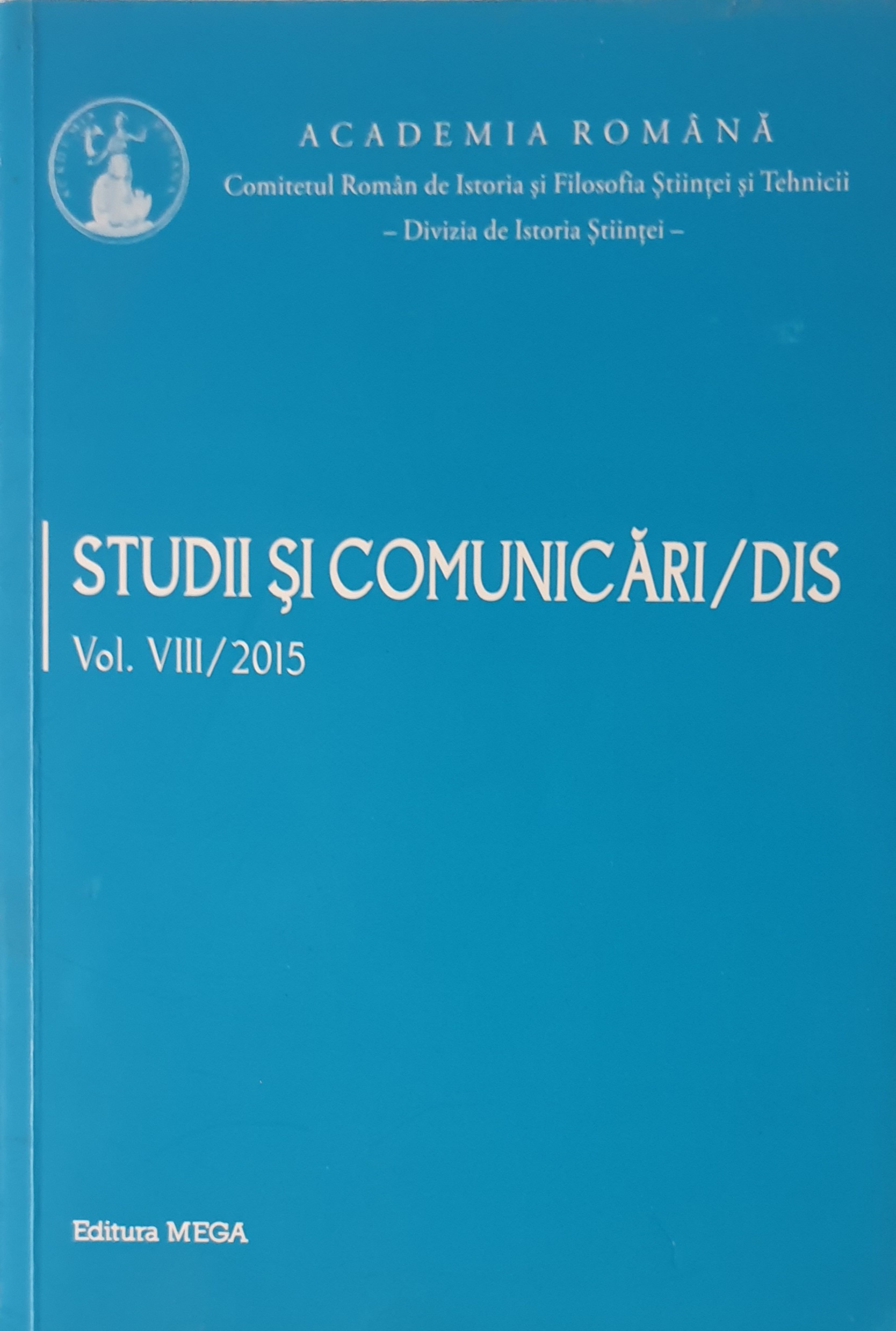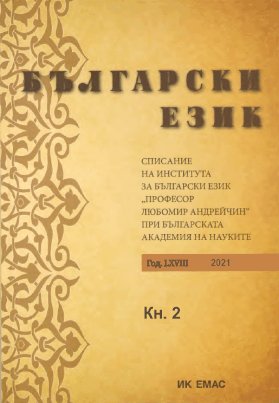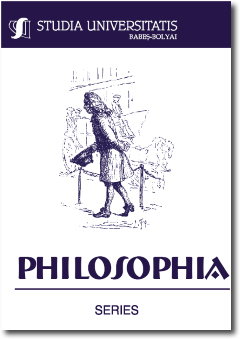
ACTING IN SOFT FOCUS. THE STUDY OF ATTENTION IN THE ACTOR’S TRAINING
ACTING IN SOFT FOCUS. THE STUDY OF ATTENTION IN THE ACTOR’S TRAINING
Keywords: circles of attention; creative attention; soft focus; observation; target; acting; actor’s training.
The following paper approaches the primordial role attention has in the actor’s art. The author begins by mentioning the thorough study of the attentional mechanisms in Konstantin Stanislavski’s theatrical system and applies the results of this study to a practical example taken from the work of a great actor and improviser, Robin Williams. Filip Odangiu’s demonstration carries on by analyzing what he describes as the attentional technique specific to the actor’s profession, a technique that involves the circles of attention, affective attention, divided attention, observation etc. The author’s declared goal is to gradually define the concept of creative attention and to present its practical application in the actors training. The study explores another key aspect in the actor’s work: the soft focus state of the body-mind unit. In his conclusions, the author asserts that playing in the soft focus state, the actors are not escaping escape reality, but on the contrary, by reconstructing it, they are able to grasp it more acutely.
More...
